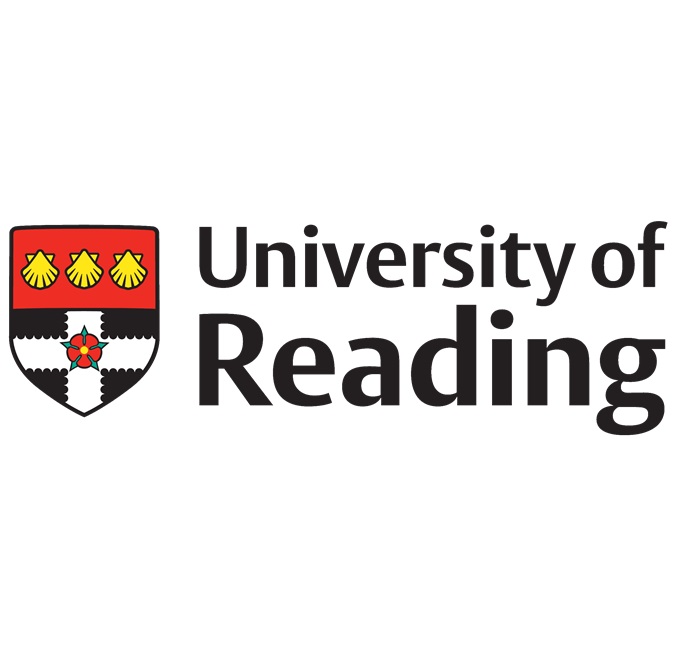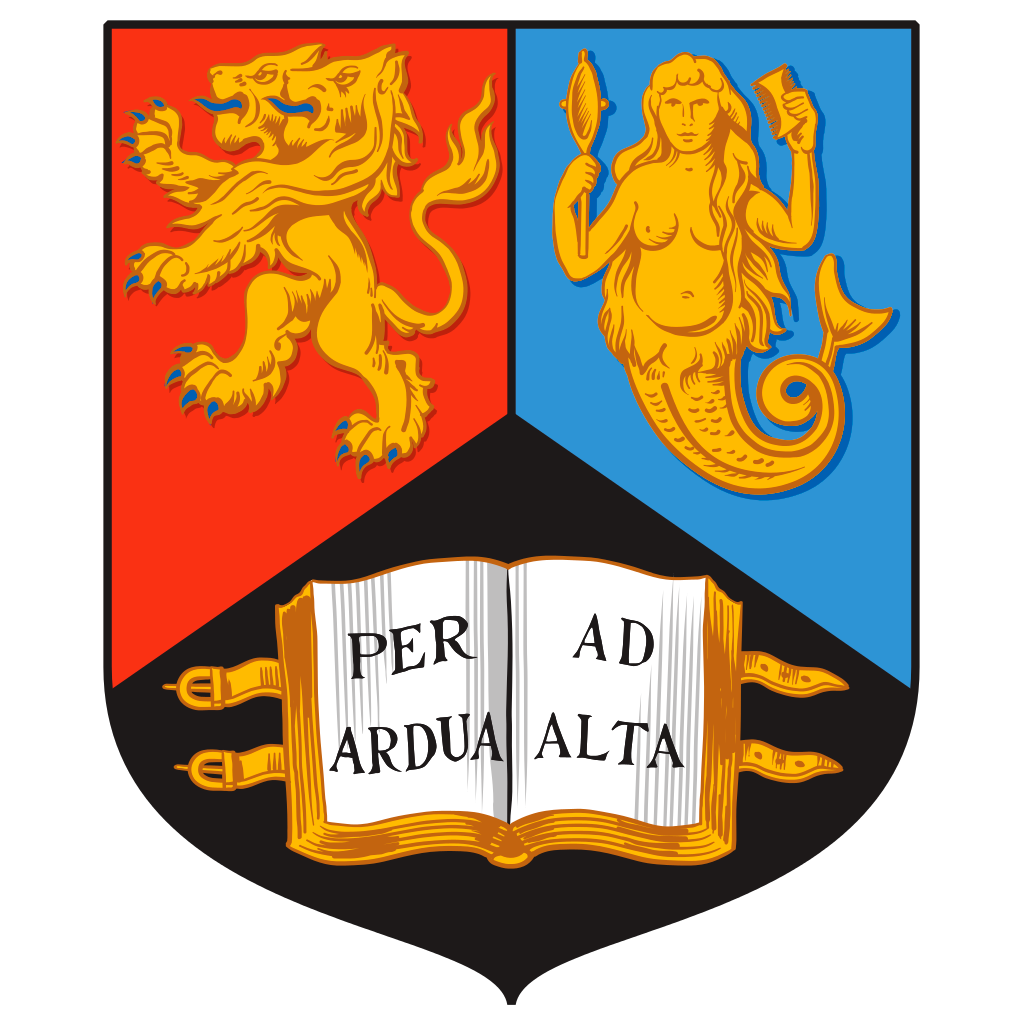Studied full-time over one year, this programme allows you to combine core and optional components to suit your experience and interests.
Core modules
All students take four core modules:
Economics of War
As events in the last two centuries have shown, the outcome of conventional wars is very much dependent on the economic power of the belligerents; and in case of asymmetrical warfare, on the question if the economical ‘superior power’ is willing to make the sacrifices. The module will introduce you to the economic problems of warfare since the Napoleonic era. Issues investigated will include: war finance; (industrial) production of war materials; organisation of wartime economies, including raw material provision; interruption of enemies’ economic systems; the ‘military-industrial complex’ and its influence; the impact political decisions have on the effectiveness and efficiency of armed forces; and the impact of spiralling procurement costs.
Assessment: Written assignment
Historical Approaches
This module introduces you to the major developments in historical approaches since the Second World War and to some of the major schools of, or tendencies in, historical research such as the Annales School, the English historians’ response to Marxism, cultural history, the linguistic turn, gender, history of science and critical social theory (Geertz and Foucault). The focus is on the application of the ideas to historical practice then and now.
Assessment: Written assignment
Research Preparation
The module will provide detailed guidance on the techniques necessary for the location of primary and secondary sources relevant to your dissertation research. You will become familiar with advanced bibliographical aids and with how to search in relevant libraries, archives and data sources. You will also undertake a detailed analytical survey of the secondary literature relevant to your dissertation topic.
Assessment: 4,000-word essay
Students who did not take the BA War Studies degree at the University of Birmingham will also study an additional core module:
Writing the History of Warfare
This module addresses general questions relating to the historiography of warfare and considers how the subject has evolved from ancient times to the present. The principal schools of military history are considered together with those individuals who have made a major contribution to the evolution of the discipline.
Assessment: 4,000-word essay
Optional modules
You will then take 40 credits of optional modules chosen from 40-credit special subject modules or 20-credit advanced options.
Previous special subject modules have included:
Facing the Fuhrer, the Duce and the Emperor: British Foreign and Defence Policies, 1931-1942
Terrorising History: Terrorist Motivations, Methods, and Mayhem
The American Civil War
Conflict, nationalism and genocide in East Central Europe, ca. 1880 – 1953
Previous History options have included:
Britain’s Wars of Colonisation and Decolonisation
The Global Middle Ages, Conquest, Commerce, and Communication, 750-1350
Conflict in the Modern Middle East
From the OSS to Snowden: A History of American Intelligence Agencies since 1945
Assessment: Special subject modules and advanced options are assessed by written assignment.
Subject to availability, it is possible to choose relevant 20-credit options outside of the Department of History. Those particularly relevant to this programme include Historical and Contemporary Debates on the Holocaust, offered by the Department of Theology and Religion.
Dissertation
In addition to your taught modules, you will conduct a piece of independent research with the support of a supervisor, culminating in a 15,000-word dissertation.
Please note that the optional module information listed on the website for this programme is intended to be indicative, and the availability of optional modules may vary from year to year. Where a module is no longer available we will let you know as soon as we can and help you to make other choices.
Show less









